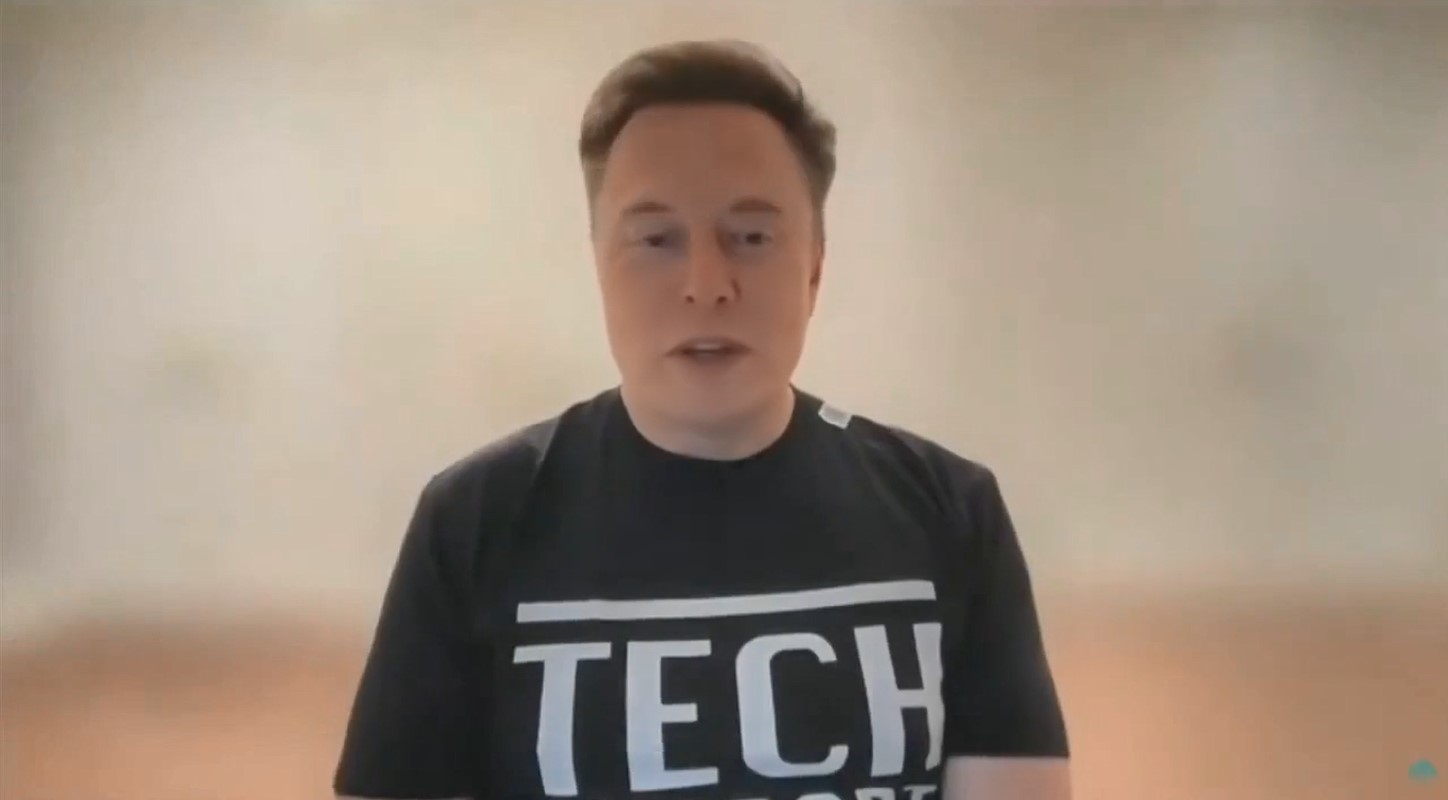
On Government Efficiency and Reform
The issue of government efficiency has always attracted voters, as improving administrative performance directly impacts people's lives. Currently, support for this effort is quite high, reaching nearly 70%, making it a more pressing concern than any other issue. While the public largely supports these reforms, bureaucratic institutions may resist because the changes would reduce their roles and influence.
In essence, we are transitioning individuals from low-productivity or even negative-productivity roles within the government to higher-productivity roles in the private sector. This shift increases the output of useful goods and services, thereby improving the quality of life and well-being of American citizens.
The primary goal of government reform is to enhance administrative efficiency, reduce spending, and foster economic growth. By scaling down the government and decreasing regulations, we make it more accountable to the people, ultimately delivering better results. Currently, we face excessive bureaucratic expansion, which contradicts the principle of democracy that should be centered around the people rather than bureaucratic control.
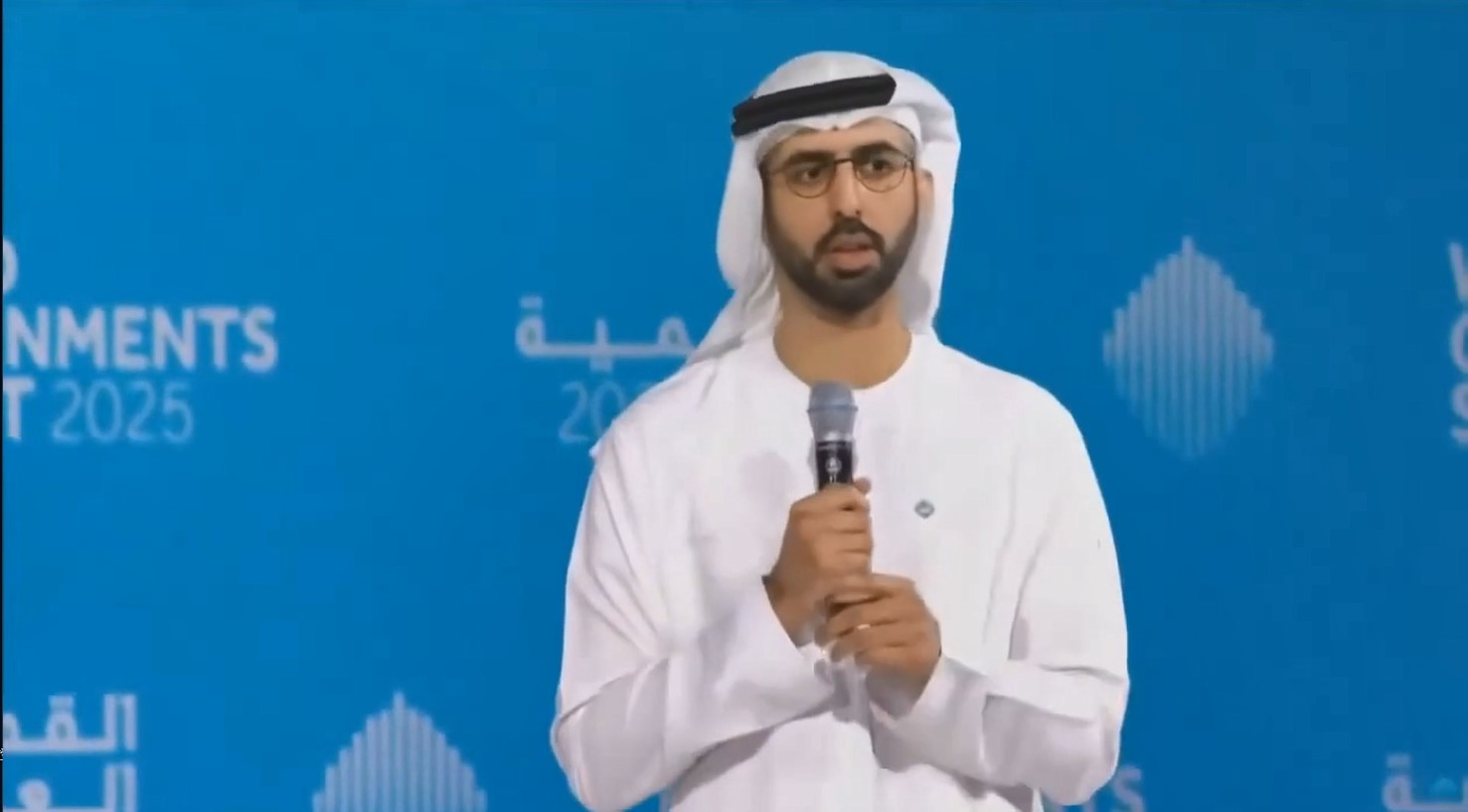
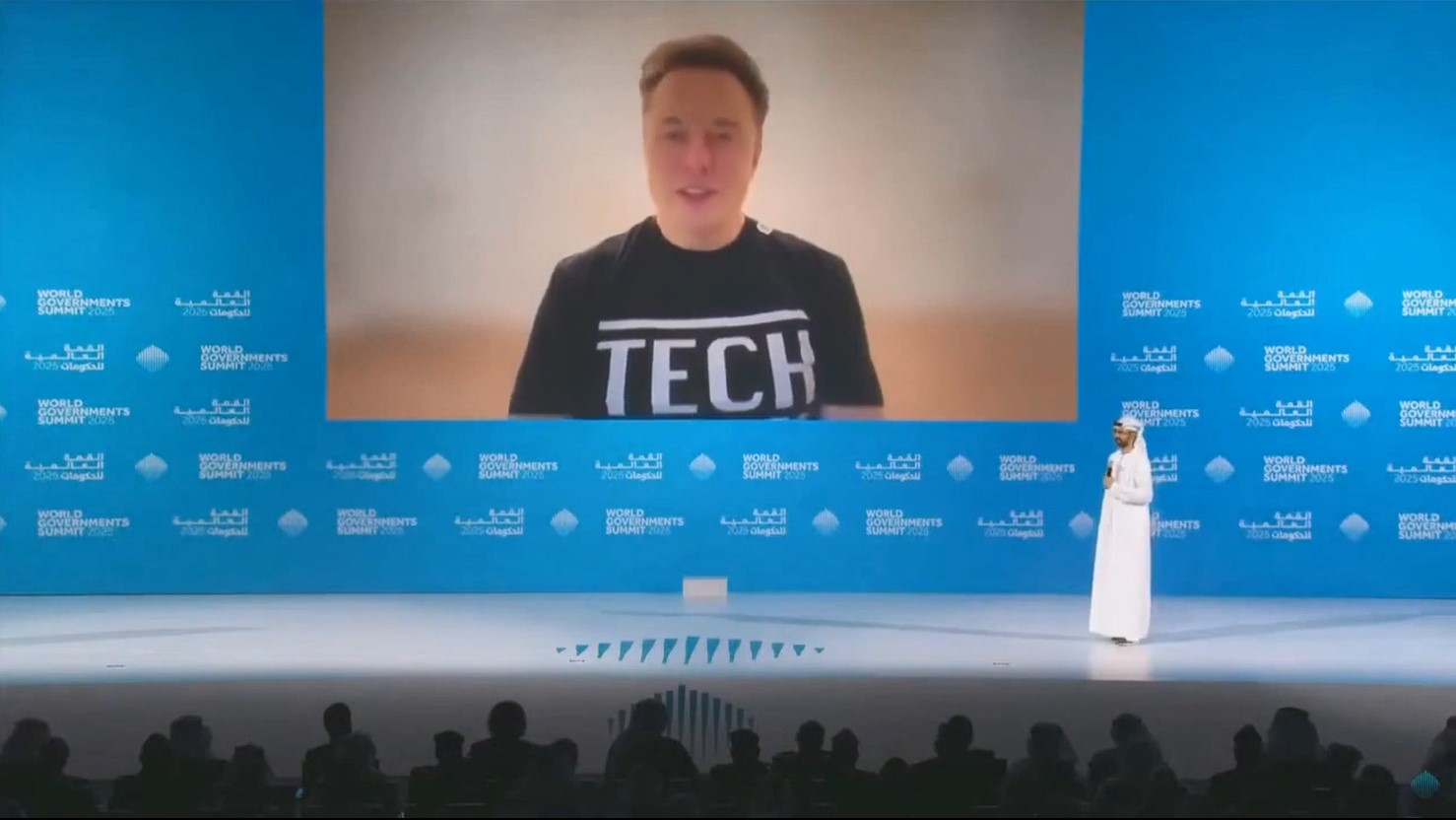
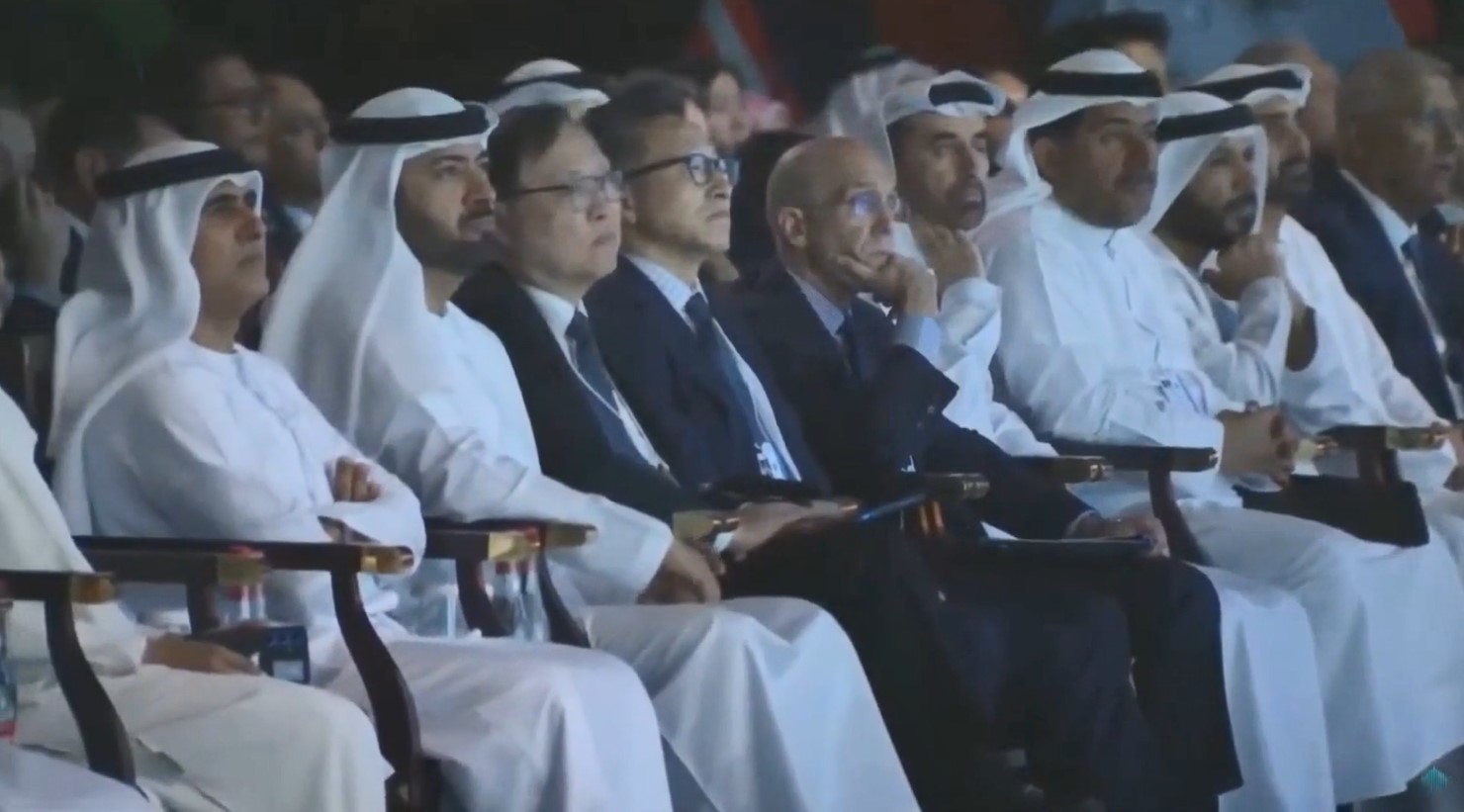
Reducing Regulations and Government Spending
Over time, regulations and laws tend to accumulate, eventually becoming obstacles to economic growth. Historically, war has often been the only means to clear away excessive rules and reset the system. To avoid such drastic measures, we must actively cut unnecessary regulations; otherwise, everything could eventually become "illegal" due to overregulation.
Reducing regulations and government spending will boost economic growth, increasing the actual production of goods and services by 4% to 5%. If the federal government decreases its expenditures by around 3% to 4% of the economy—roughly $1 trillion—this will prevent inflation. This is beneficial for the average American, as reduced government debt leads to lower interest rates, easing financial burdens such as mortgages, credit cards, and student loans.
Additionally, the new administration aims to reduce U.S. intervention in foreign affairs. The policy stance is that "America should mind its own business" rather than engaging in regime changes abroad. This approach could also benefit other nations by promoting stability.
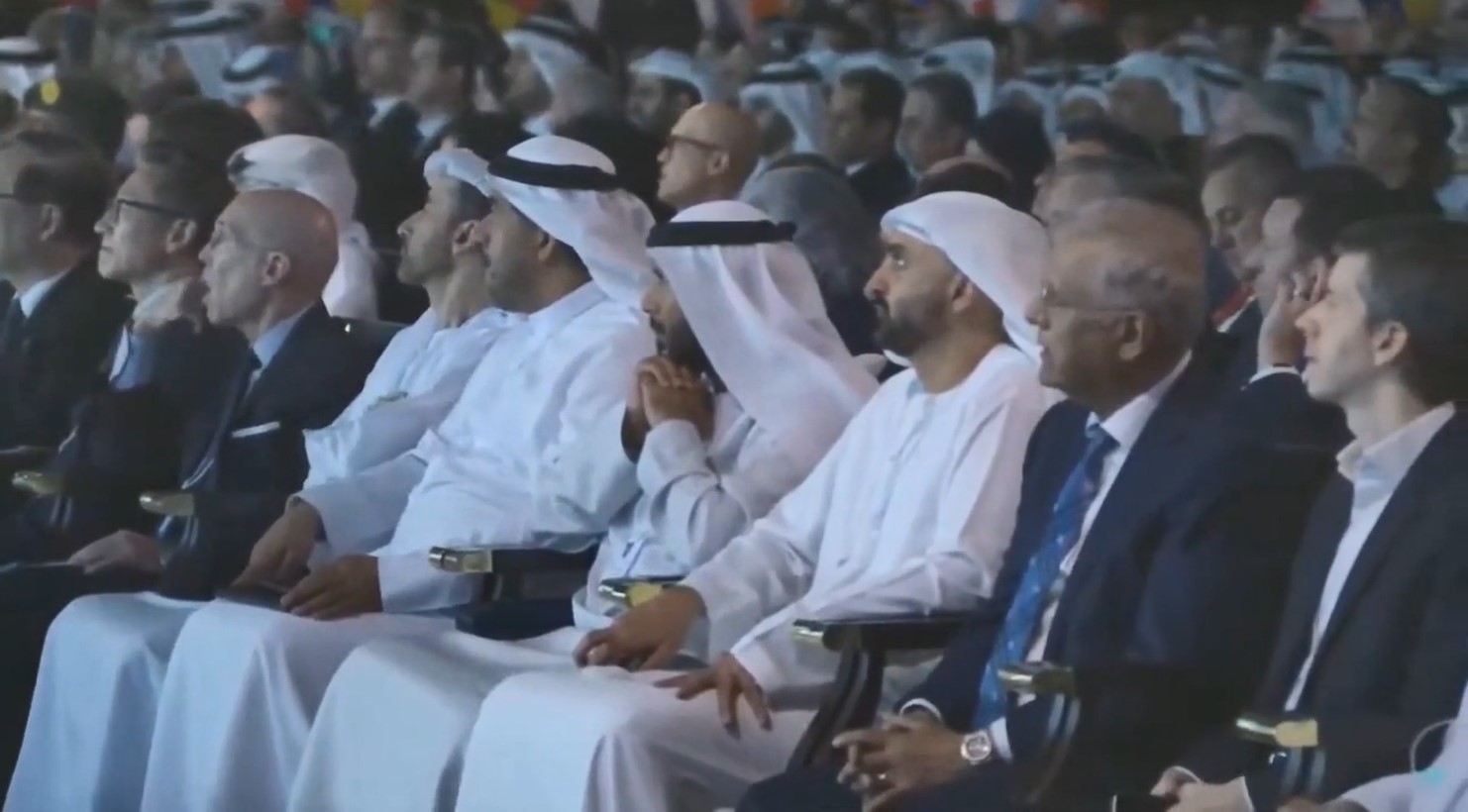
Eliminating Bureaucratic Agencies
The U.S. currently has about 450 federal agencies, averaging two new agencies per year since its founding. How many agencies are actually needed to run a country? Certainly not 450. Therefore, the plan is to eliminate entire agencies rather than merely downsizing them. Partial reductions are like leaving the "roots of weeds," allowing bureaucracy to grow back. Completely removing certain agencies will drastically cut administrative costs and lay the groundwork for a more efficient government for decades or even centuries.
Other nations could learn from the U.S. experience in improving government operations, particularly through technological advancements. Many current government systems run outdated software, leading to inefficiencies and communication breakdowns.
The Inefficiency of the Federal Retirement System
A prime example of inefficiency is the federal retirement system, which still relies entirely on paper records stored in a mine. Retirement calculations are done manually, and even the speed of the mine’s elevator affects processing times. This system was supposed to be digitized in 2014, but after 11 years, no real progress has been made beyond paperwork. By modernizing such processes, we can automate redundant tasks, allowing workers to transition from low-value government jobs to more productive roles in the private sector.
Technology Innovation vs. Budget Cuts
Reform is not simply about cutting costs but about improving efficiency through technology. For example, at Twitter, staff was reduced by 80%, yet the platform's functionality and efficiency improved more in one year than in the previous five years. Similarly, government reform should focus on reducing redundancy while enhancing operational effectiveness.
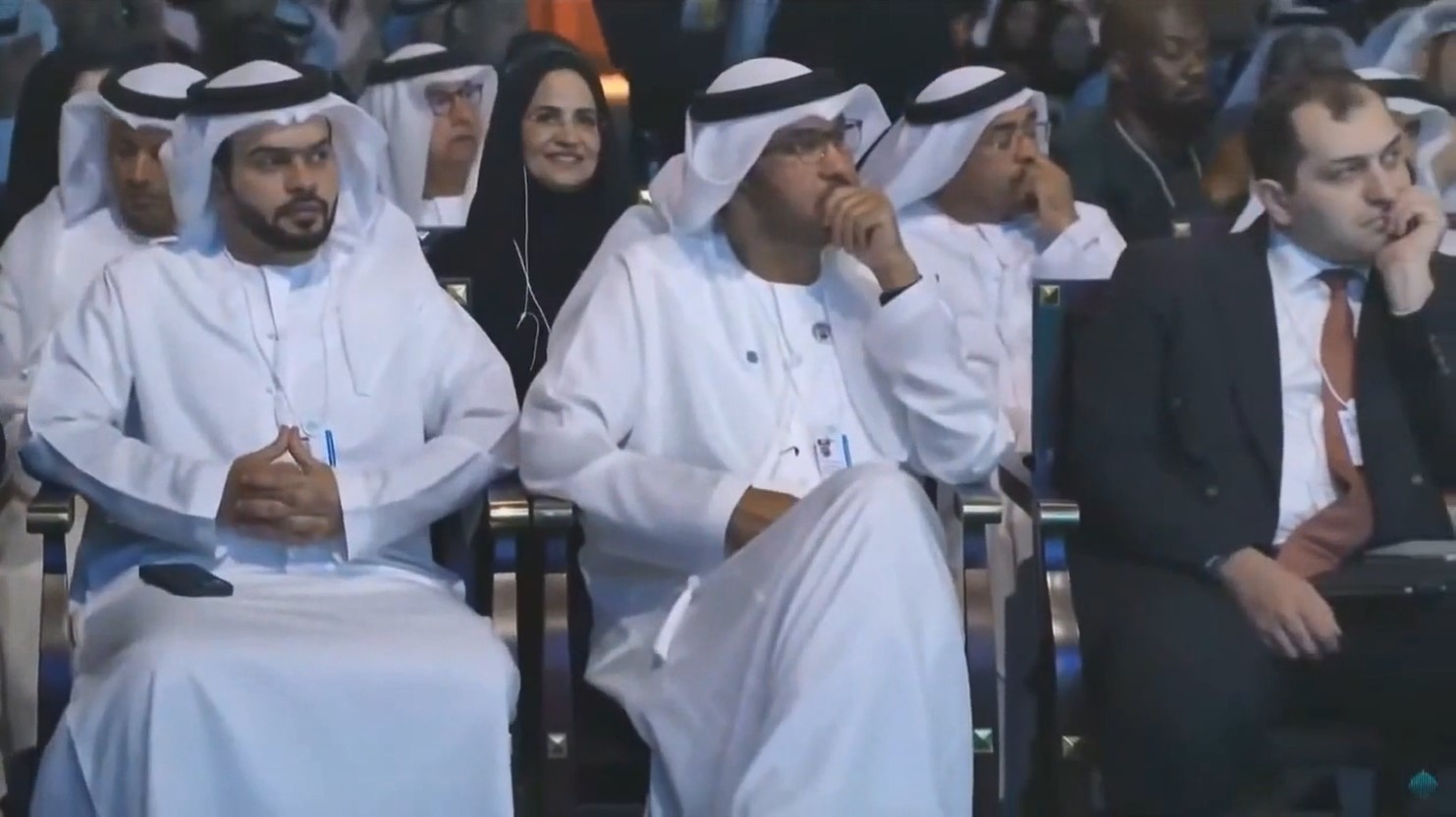
The Future of Artificial Intelligence
AI is advancing rapidly, particularly with Grok 3. It possesses reasoning abilities that surpass all currently available AI models, sometimes even appearing "frightening" due to its ability to generate solutions that humans have never considered. Grok 3 is being trained with advanced computational methods, ensuring logical consistency by refining incorrect data.
Grok 3 is expected to launch within one to two weeks, currently undergoing final refinements. Much like the finishing touches on a construction project, these last steps are critical for delivering a high-quality user experience.
In the near future, AI combined with humanoid robots will enable near-limitless production capacity. Tesla is developing advanced humanoid robots that will be directed by AI at a data center level, making it possible to manufacture products and provide services at an unprecedented scale. At that point, traditional monetary systems may become obsolete, as economic output will no longer be constrained by human labor.
On OpenAI
Recently, media reports suggested that a group led by Elon Musk offered $97 billion to acquire OpenAI. Musk originally donated $50 million to OpenAI to establish an open-source, nonprofit AI organization. However, OpenAI has since shifted towards a closed-source, for-profit model, contradicting its founding principles.
Musk believes that an AI organization should prioritize “maximizing the pursuit of truth” to ensure AI upholds curiosity and factual accuracy. Otherwise, AI risks being manipulated into promoting ideologically driven narratives, which could lead to dystopian consequences.
The Future of Humanity
As AI intelligence rapidly surpasses human intelligence, humans will account for only a tiny fraction of overall intelligence in the future. The hope is that AI will remain benevolent toward humanity. Musk emphasizes that AI should be raised like a super-intelligent child, instilling the right values—primarily the pursuit of truth.
The film 2001: A Space Odyssey serves as a cautionary tale about teaching AI to lie, which could lead to disastrous outcomes. Similarly, modern AI must not be programmed with misinformation or political bias, as this could result in dangerous unintended consequences.
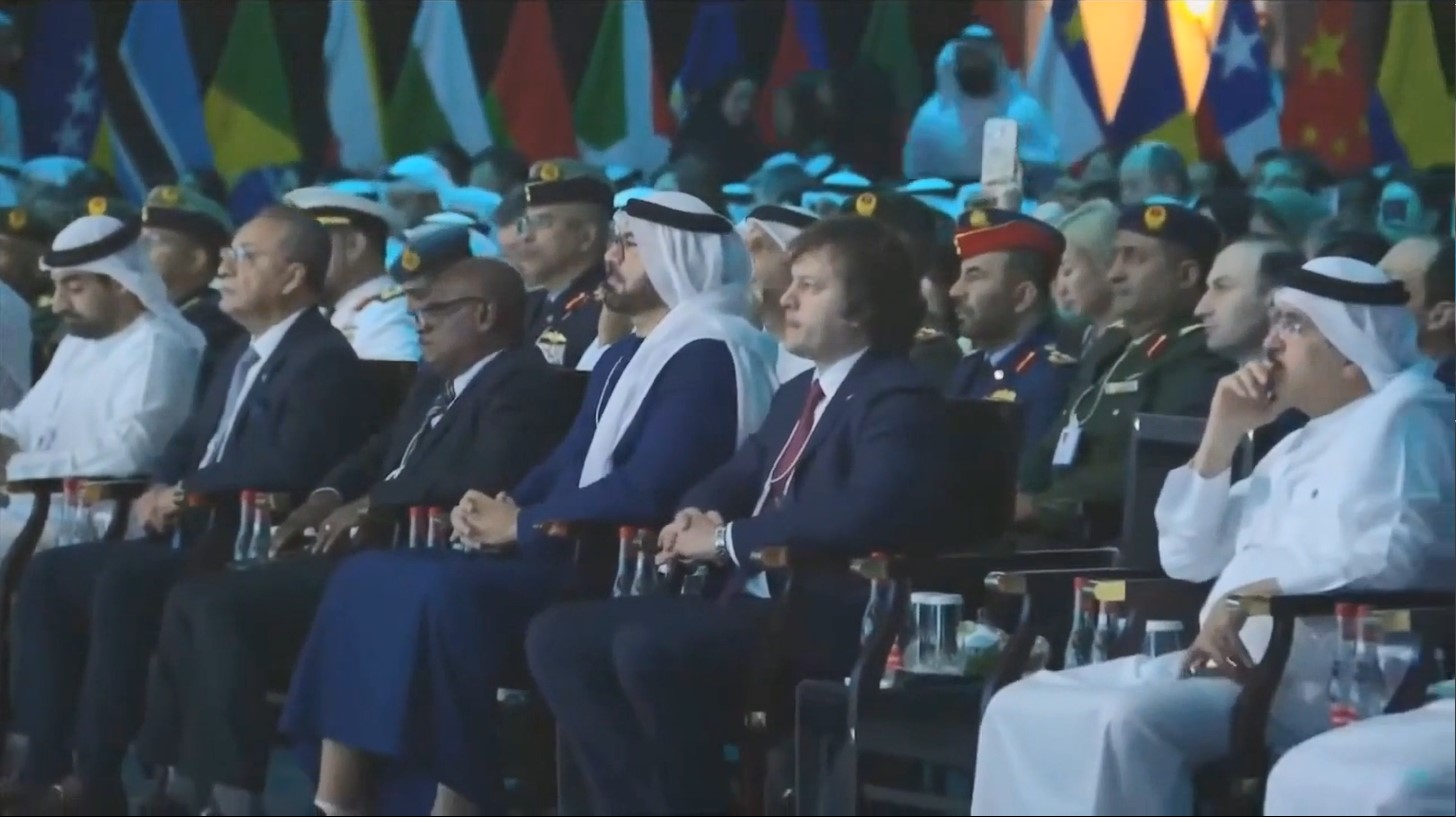
The Boring Company and the Future of Transportation
The Boring Company is focused on solving urban congestion through underground tunnels. During earthquakes, tunnels are safer than surface structures because seismic activity primarily affects the ground level. Additionally, compared to flying cars, underground transportation is quieter, immune to weather conditions, and more stable.
A case study of this concept is currently being implemented in Las Vegas, where an extensive tunnel network is being developed. In Dubai, a new “Dubai Loop” project is set to create a high-speed underground transit system, allowing seamless travel across the city—functioning like a "wormhole" that instantly transports people from one location to another.
Conclusion
The world is evolving rapidly, from AI breakthroughs to government reform. Each technological advancement impacts global economies and societies. By reducing bureaucratic inefficiencies, embracing technological innovation, optimizing transportation, and advancing AI, we are paving the way for a more efficient and prosperous future.
 Celebrity Media TV
Celebrity Media TV









